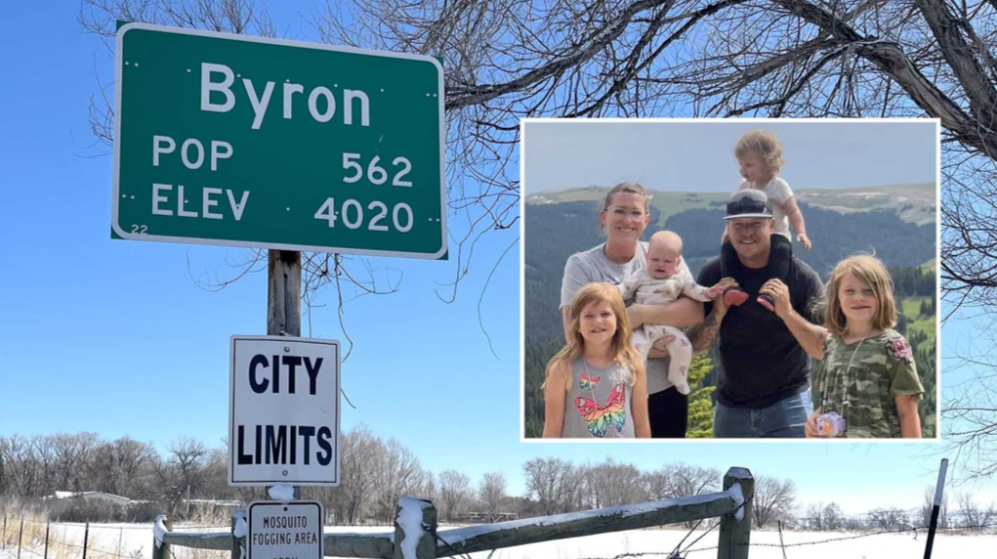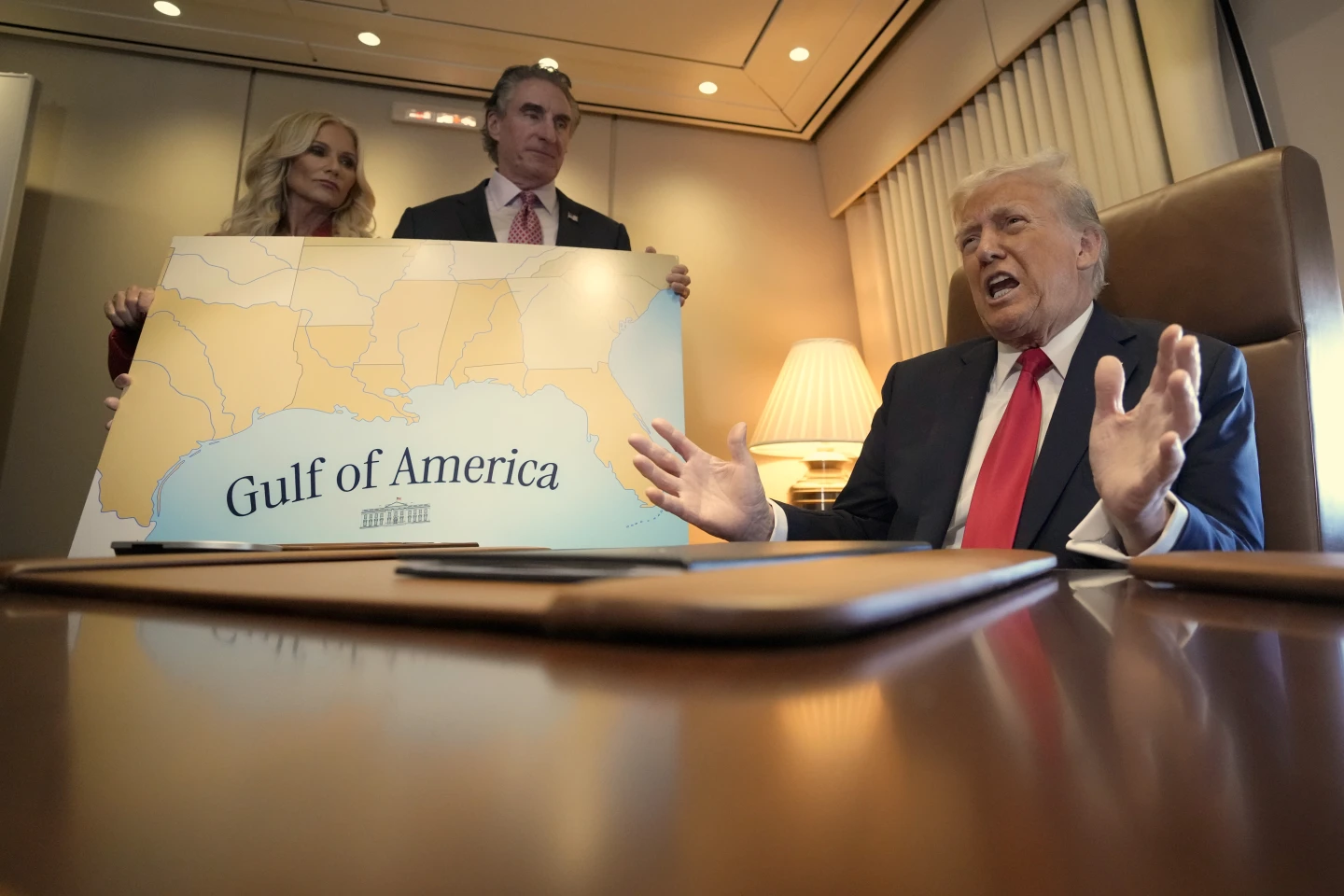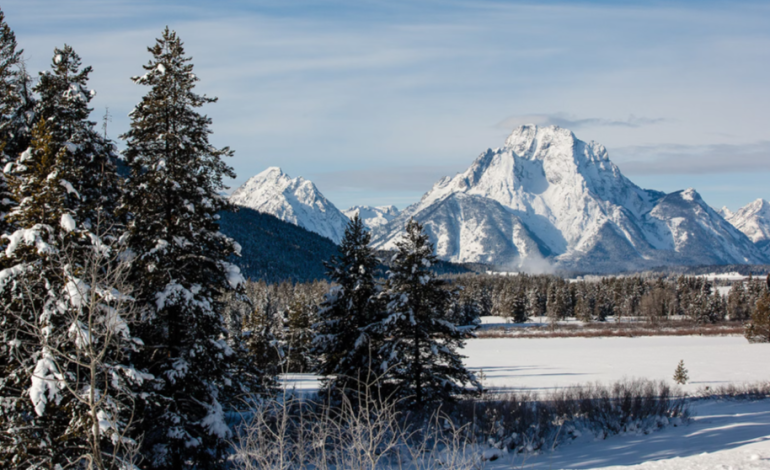The Wyoming Senate has narrowly passed a resolution calling on Congress to transfer approximately 30 million acres of federal land to the state.
The vote, which initially failed earlier in the day, was reconsidered after an excused senator returned, ultimately passing with a 16-15 margin.
Senate Joint Resolution 2, titled “Resolution Demanding Equal Footing,” demands that Congress act by October to begin the transfer of public lands, including Grand Teton National Park, parts of eight national forests, Devils Tower National Monument, Thunder Basin National Grassland, and lands managed by the Bureau of Land Management. The resolution also excludes Yellowstone National Park from the proposed transfer.
The measure, which still requires two additional votes in the Senate, is backed by a number of lawmakers who argue that Wyoming is at a disadvantage compared to other states due to the federal government controlling 46% of the land within its borders. Sen. Bob Ide, R-Casper, the sponsor of the resolution, claims that transferring ownership of these lands to the state would have economic benefits, particularly from the extraction of minerals. According to Ide, the state could have generated nearly $24 billion in oil and gas revenue since 1921 if it had controlled these lands.
However, the proposal has been met with criticism from some senators and conservation groups. Sen. Mike Gierau, D-Jackson, expressed concerns about the potential economic burden of managing Grand Teton National Park, which requires significant funding for maintenance and operations. Gierau emphasized the importance of the park to Wyoming’s economy, particularly due to the 3.2 million visitors it attracts annually.
Conservation groups, such as the Theodore Roosevelt Conservation Partnership, argue that transferring federal lands to the state could lead to reduced public access and the potential sale of lands to private interests. They advocate for improving federal land management rather than transferring ownership.
The debate also touched on legal concerns, particularly a clause in the Wyoming Constitution that states the state disclaims any right to unappropriated public lands. Ide and his supporters contend that this clause does not affect Wyoming’s sovereignty and jurisdiction over the land, a stance that has been questioned by some legal experts.
Wyo File and Cowboy State Daily contributed to this report.








